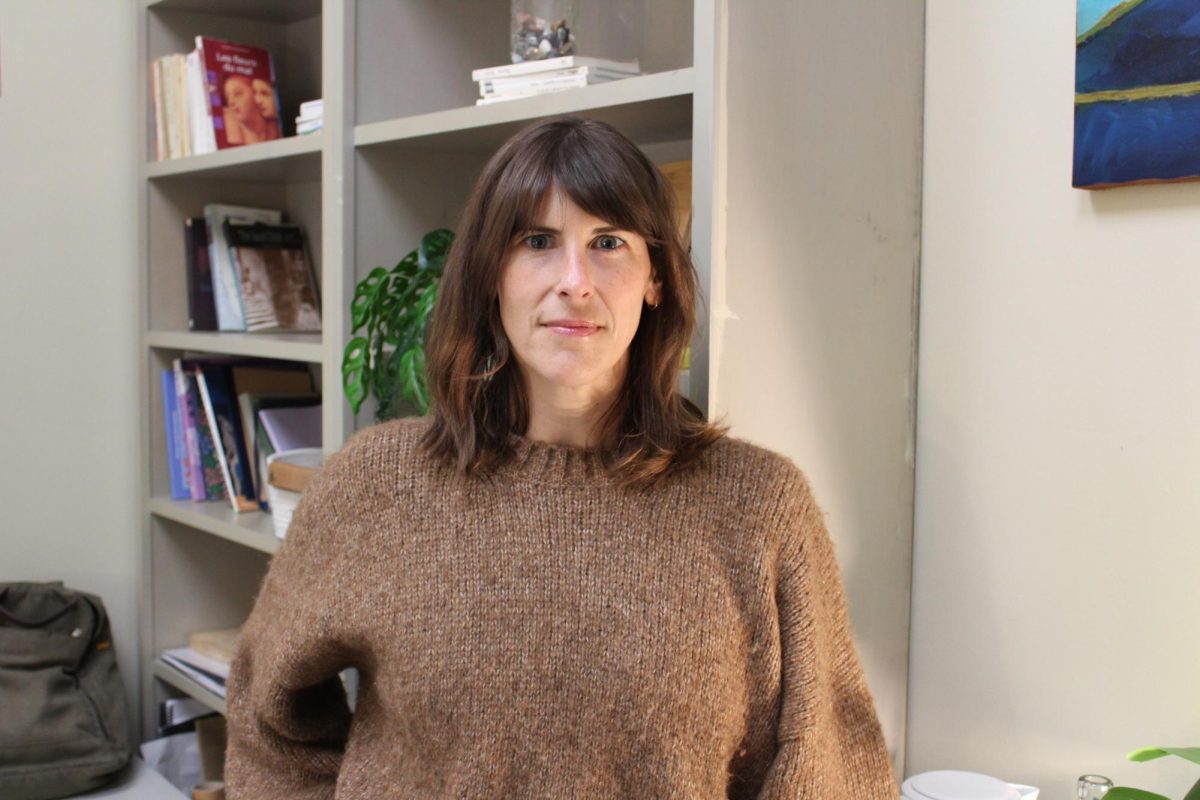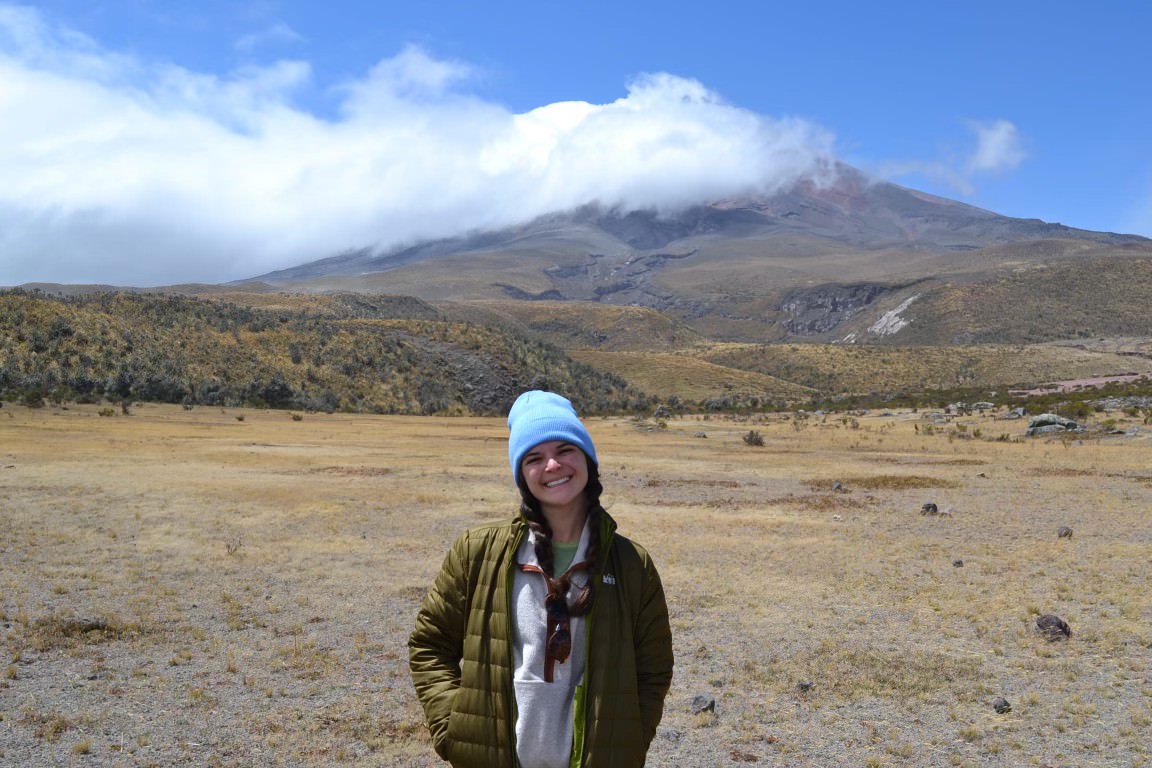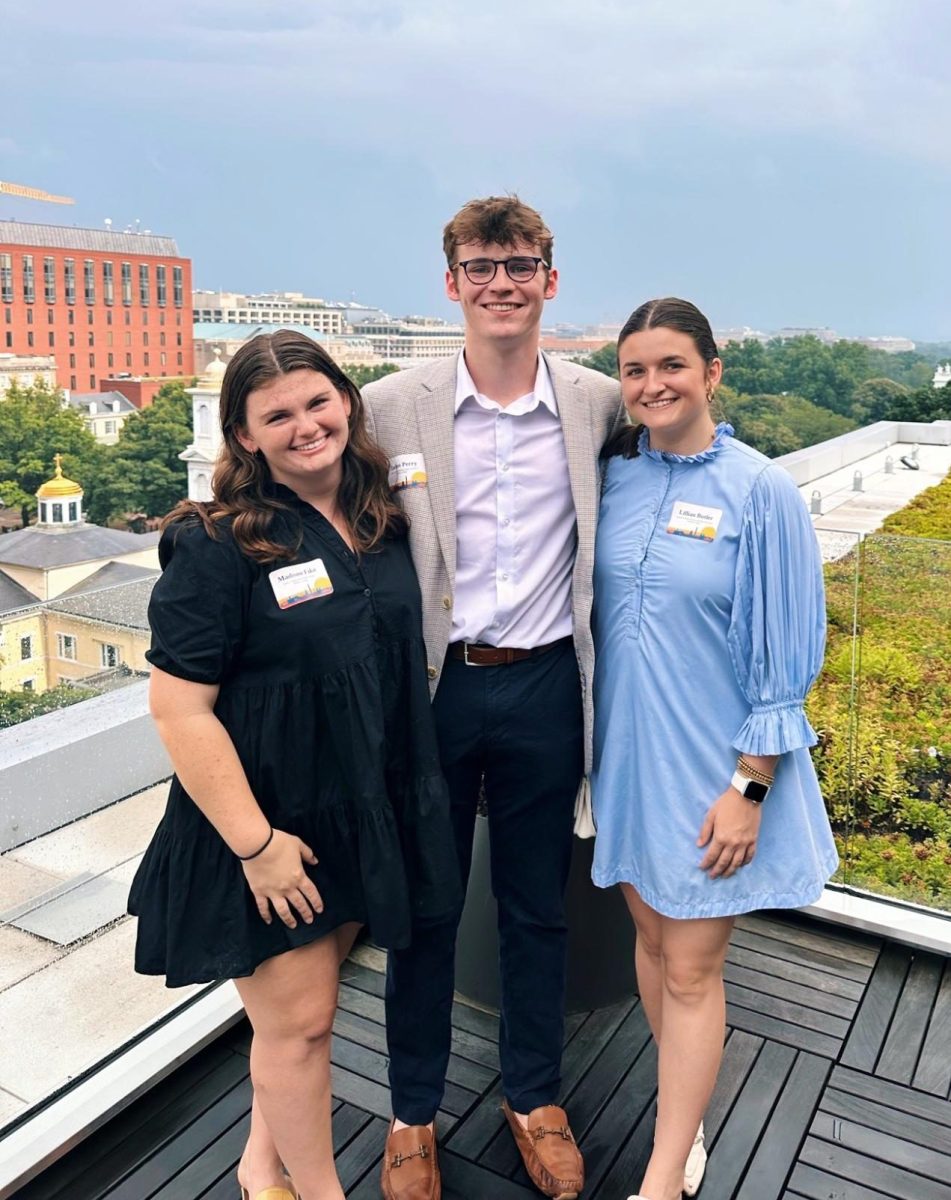Figuring out where to live abroad can be a stressful part of deciding which program is the best fit. From homestays to residence halls to apartments, each accommodation comes with its own set of unique benefits and challenges.
To begin, the Institute for the International Education of Students, or IES Abroad, website states that apartments abroad “are furnished, single-sex, and generally accommodate four to seven students, with two to three IES Abroad students sharing a bedroom.”
Adair Bannister ’23, is studying through IES in Rome, Italy and is living in an apartment.
“I love living in an apartment because I feel like a local and I have total freedom to come and go or have people over,” Bannister said. “A draw back from not being with a host family is that I haven’t been able to meet as many locals and we don’t really speak Italian since we don’t need to.”
Catherine Martin ’22, who is also studying in Rome, Italy, and living in an apartment, has been able to connect with friends from different cultures in addition to Italy because of her living situation. Martin explained that living in an apartment has allowed her to meet other college students who have a different lived experience than herself.
One of my roommates goes to school in America but she is originally from Albania,” Martin said. “She has helped me to learn how to better navigate living abroad while also giving a very interesting perspective about the culture that she grew up in.”
In contrast, the Council on International Educational Exchange (CIEE) website explains that in the case of homestays, “each student will have his/her own bedroom, and weekly cleaning, laundry and Wi-Fi are provided. Students usually walk or ride rented bikes but may also take public transportation with the average commute to classes being 20 minutes.”
Baxter Barret ’23, who is studying in Sevilla, Spain through CIEE and staying with a local host family said, “I’ve really enjoyed living with my host family and have gotten really close with my host mother because we have dinner together every night.”
“Sometimes I can get a meal that wasn’t my favorite, but overall the food is really good,” Barret said. “It can be weird navigating living in a family setting as a college student, but I just try to be as respectful as I can by keeping my room clean and staying quiet if I come home late at night. “
Eliana Davis ‘22, who is studying in Salamanca, Spain through IES Abroad advises to live with a host family while abroad.
“I stayed in a residence hall during my study abroad and found that my friends who were able to do homestays had a better understanding of the language,” said Davis. “With homestays, you learn colloquialism, cultural aspects and your host parent(s) help you experience where you are living.”
IES Abroad also offers a residence hall living option for those abroad. The IES Abroad website says that residence halls offer “singles with an en-suite bathroom and a shared kitchenette.”
The residence hall also comes with accommodations such as a weight room, laundry facilities, computer lab, study area, game room and 14 meals per week in the university dining hall.
Kenzie Syiem ’23, who is studying in Granada, Spain through IES Abroad said, “the best part (of living in a residence hall) is getting to have the community of other students but the worst part is not having a kitchen or private bathroom.”
There are also other accommodations to look out for which have been affected by COVID-19. For example, Hector Ortiz ’22, who is studying in Ecuador through the School for International Training (SIT) Study Abroad, is having to live in hotels as opposed to homestays.
Ortiz said: “It’s been hard not having your own kitchen and your own space. You have to find where to eat out every night. It’s almost like having to live in Greene again. Another downside is not being fully immersed since you always return to the same hotel wherever you’re staying. However, the views are really nice and the staff is wonderful. Perks also include not having to worry about cleaning and such.”
There are many different options for students to choose for their study abroad living quarters. All have their own pros and cons, but students can choose which option is best for them and their abroad experience.



























